If American Democrats want a warning about the consequences of embracing the Green New Deal, look no further than Saturday’s election shocker in Australia.
The opposition center-left Labor Party had led in the polls for months but lost as voters rejected its move left on taxes, spending and above all on climate change.
The ruling Liberal-National Coalition had been divided and tossed out two prime ministers during its nearly six years in power.
Scott Morrison, the compromise choice as Prime Minister last year, managed to unite conservatives around a platform that stressed economic growth, tax cuts and support for the country’s energy producers.
Labor leader Bill Shorten promised to raise taxes on the “wealthy,” but his main theme was curbing climate change. Labor promised to cut carbon emissions nearly in half by 2030 compared to 2005 levels while subsidizing wind and solar.
Mr. Shorten and Labor refused to support a job-producing coal mine in Queensland, and their candidates were routed in the resource-rich province.
The result is another lesson that the politics of climate change isn’t as simple as Western cultural elites claim. Labor thought that droughts, heat waves, and brush fires would cause voters to embrace its climate solutions.
Young people say they care about the issue, often as virtue-signaling. Former Liberal Prime Minister Tony Abbott lost his seat after 25 years in a tony Sydney district, where the green message resonated with affluent moderates.
But caring in the abstract isn’t the same as doing something that has tangible costs. Faced with lost jobs, higher taxes and a higher cost of living, voters in democracies time and again have rejected climate-change policies that wouldn’t in the end matter all that much to the climate. Joe Biden, take note.
The Liberal-National coalition will have at least 75 seats in Parliament, one short of a majority, to 65 for Labor, with votes still to be counted.
Mr. Morrison may need splinter parties to form a government, but he’ll have the added credibility of a victory that was in many ways personal as he stumped around the country in the final weeks.
Not known for charisma and derided by progressive elites, Mr. Morrison offered an Everyman persona that made the case for opportunity for all Australians.
The Liberal-National victory shows again the importance of the economic growth message to center-right politics. Some on the American Right want to abandon pro-growth policies in favor of lite versions of the Left’s income redistribution schemes.
That rarely works, and it didn’t for Mr. Morrison when his proposal for loan guarantees for some first-time home buyers was quickly adopted by Labor. The Right in Australia won on the sharp contrast with the Left on taxes, growth, and climate change.


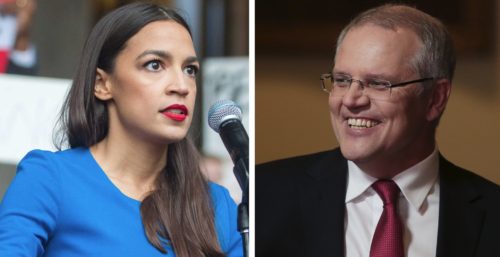
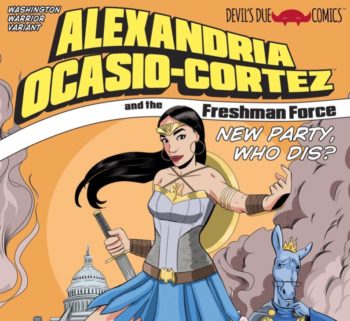
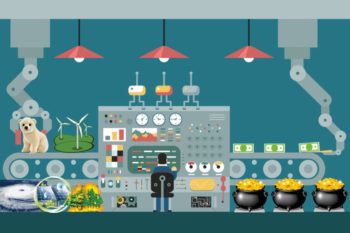

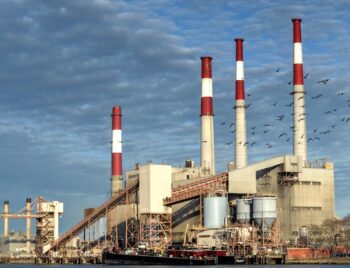





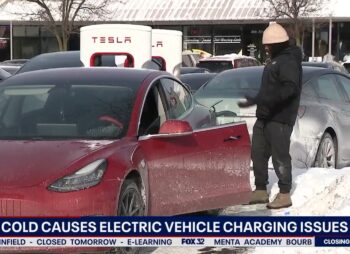





The Democrats don’t have to look half way around the world and south of the equator for a good lesson on how popular spending for climate change is. In the US 2018 election climate change ballot measures lost big, including in the very liberal state of Washington. Despite this the last count that I was aware of had 16 of the 20 Democratic presidential candidates supporting radical Green New Deal. It seems as if they are incapable of learning.
I worried that Australia was a goner. Welcome back from the brink. Canada is stepping away, too.
Chiquita Kruschev, Making the Depression Great again!
In the philosephy of Coridile Dun Dee carry a bigger Knife